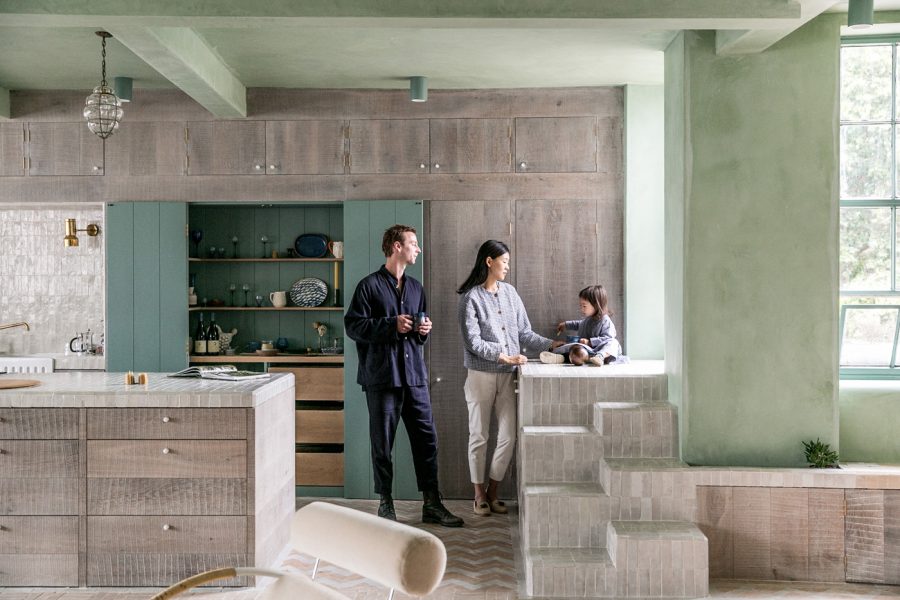HOME MAKING
‘We make homes with our minds, hands and souls. From the seed of an idea to the search for a place, right through to its physical manifestation, we make homes from start to finish – organically and entirely.’
What is Home?
For us, home is a feeling. A feeling of love, safety, comfort, a place you long for – a nest. A space touched by the human soul and made with the human hand. It’s so much more than four walls and a roof over your head. It’s the most special emotional and physical connection you can have to a place.
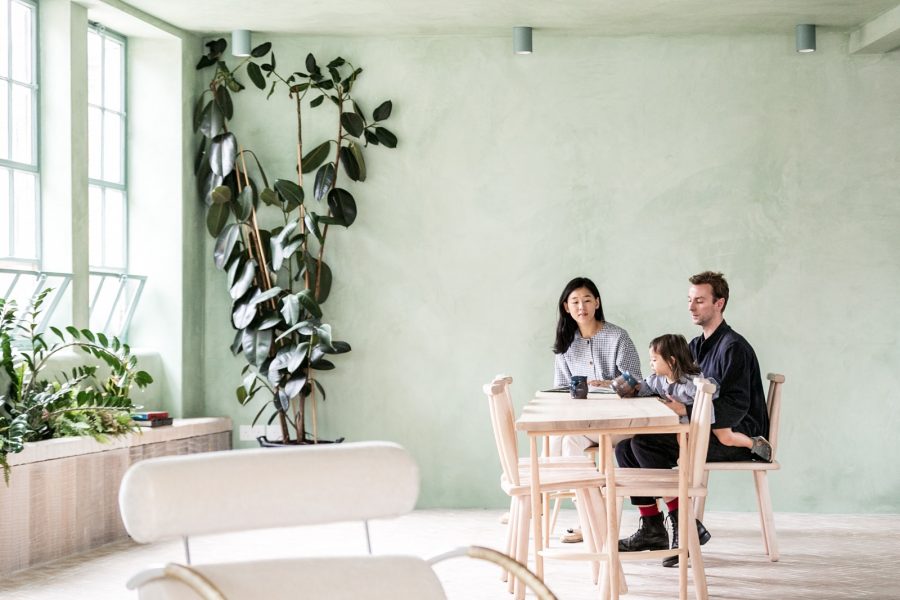
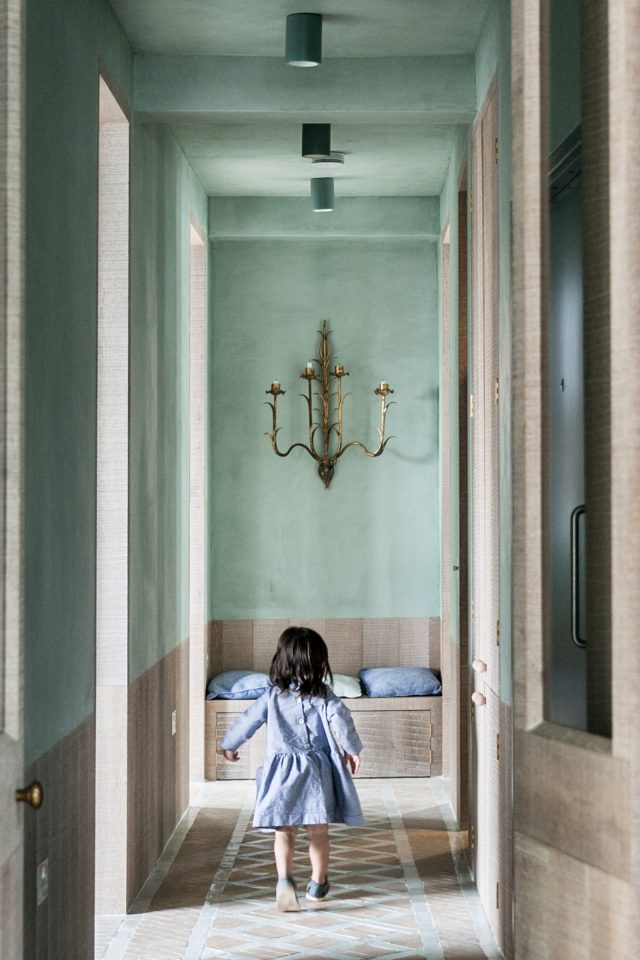
You talk of home being a primal construct, what exactly do you mean by that?
Everyone relates to the concept of home. As humans and as animals, it’s something we long for. In architectural theory, Laugier proposed that the fundamental origin of architecture was born from the primitive hut: our anthropological need to create basic shelter from the environment within which we live. But we want more than just shelter, we want to feel grounded, comfortable, nested.



To Laugier the true principles of architecture were embodied in ‘la petite cabane rustique’, man’s first house. Other theorists and architects explored concepts of ‘The Primitive Hut’, exploring the anthropological relationship between man and the natural environment as the fundamental basis for the creation of architecture.
How do you think the concept of Home is particularly interesting in this day and age?
We live in changing times in which people are increasingly more disconnected from a sense of place and, sometimes, even from humanity itself. The digital age numbs our connection to places and other human beings, and our physical contact with objects is often defined by soulless, mass-produced things.
In the past most people would ‘make’ their home in some way, if not completely then at least in part, and this was possible due to a slower way of life, the necessary skill sets and longer periods settled in one place.
Today life is faster, more fractured and more digital. Most don’t have the time to physically nest in this romantic way anymore. Many people now move multiple times throughout their lifetime – a relatively new phenomenon that is further disconnecting people from a feeling of home.
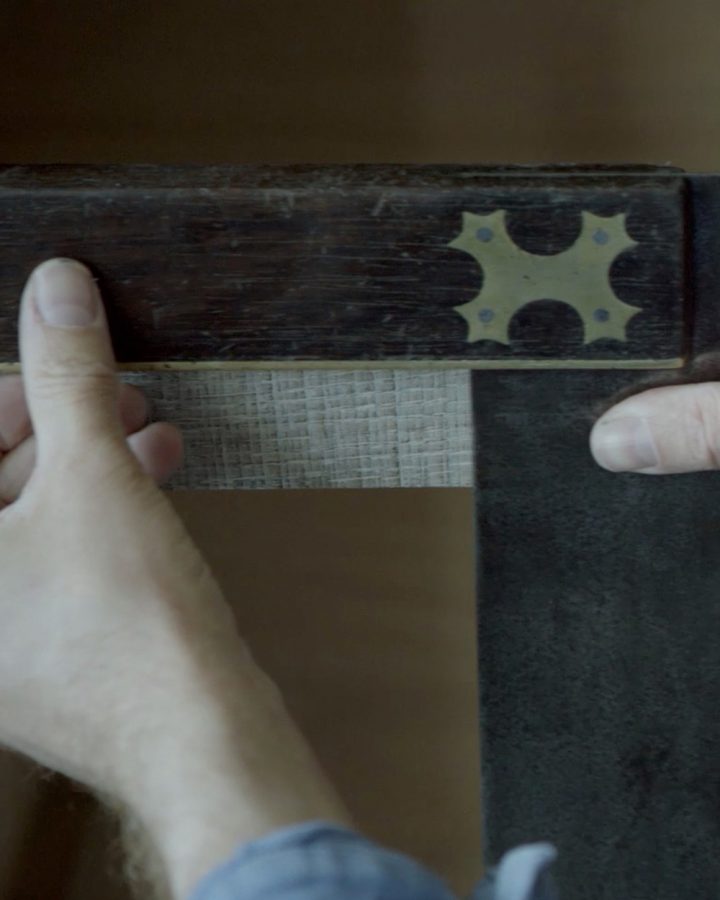
We connect with the tangible matter that makes up our homes. We feel out our sites, camping in them to understand the light, volumes and temperatures. We make our homes, forging a physical and emotional bond with materials and place, through the shaping and crafting of light, volume, surface and object.
What do you think your way of working brings to a project that is different from perhaps a more standard set-up?
Our permanent home is in Hampstead where we live with our two young children. But due to our slow process and intimate relationship with our other sites, we build a more intimate relationship with place through experience and have a hands on involvement in their making.
Unlike traditional architecture practices we have no clients: we find our own sites and design, make and choreograph everything, right down to the cups on the table. This means that every site stems from our own dreams and interests.
As there are no other influences, there is no compromise to our vision and the concept does not get diluted or changed by passing hands to other parties in the construction phases – it only gets richer.
We are craftspeople too, maintaining an honest understanding of the materials we use and always learning as we go. This engenders a real mental and physical connection to the places and contexts we occupy and, subsequently, the spaces we create.
Unlike traditional practices we don’t need to fix the design before construction and, thus, our spaces evolve more organically and are refined every step of the way. And, as we only make one home at a time. It is a very intense and immersive process.
Our homes gain character and depth through this intimate involvement and slow, organic making process. Ideas have the time they need to grow fully and permeate every aspect of the home; each corner is lovingly considered and attended to, and every object is collected and curated with intent.
We believe this creates different spaces to those created remotely – either digitally or by someone removed from the process of making– and that our spaces are intimate and relatable; more human.
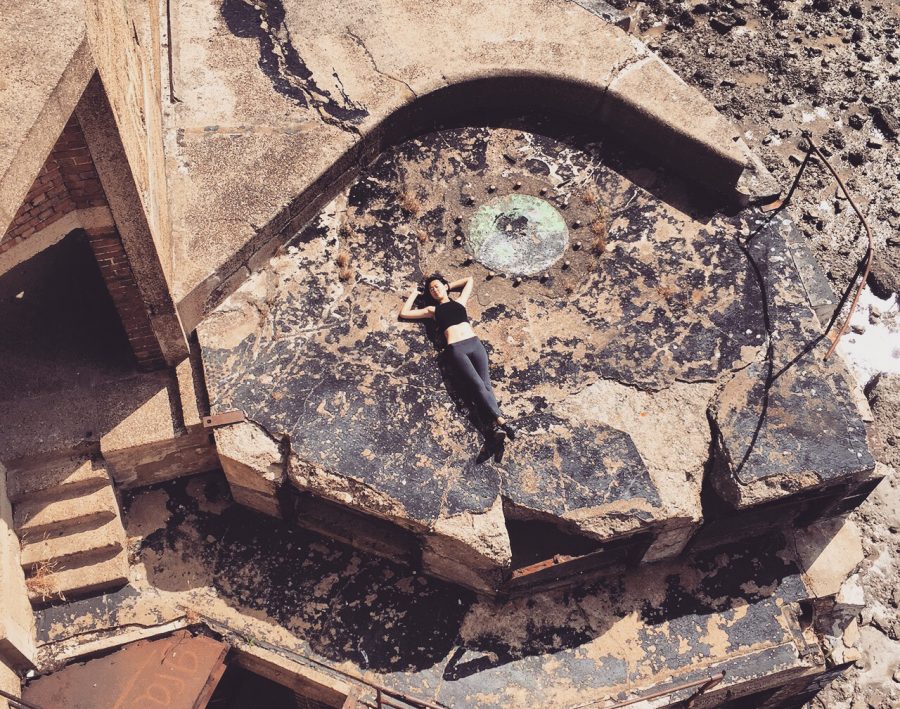
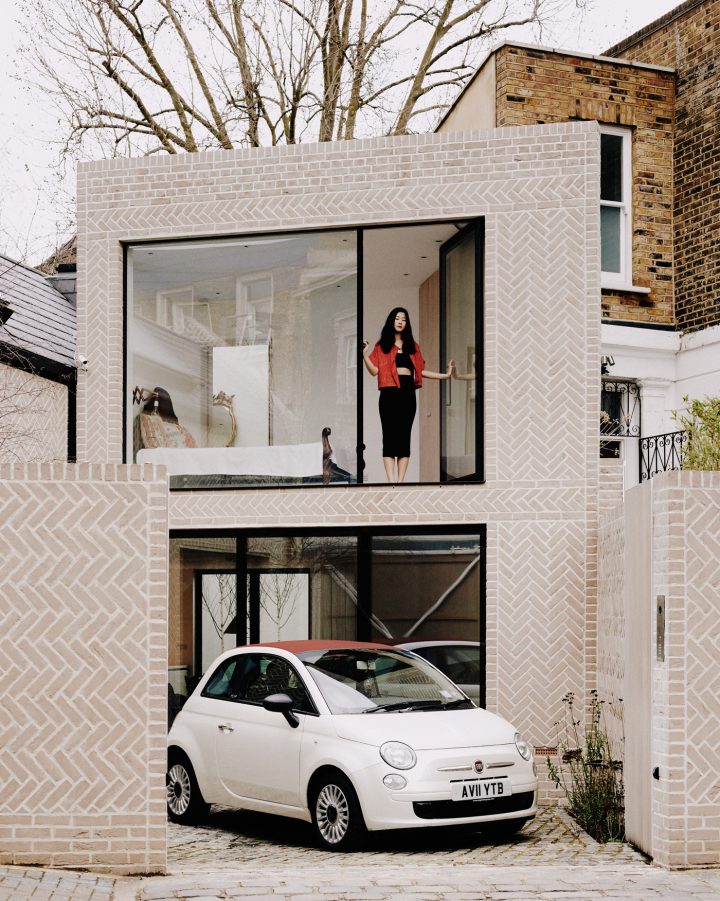
We too are the Craftsmen and we learn from Making and have an honest understanding of the materials we use. This means a real mental and physical connection to the places and contexts we occupy and spaces we create. Unlike traditional practices we don’t need to fix the design before construction and thus our spaces more organically evolve and refine every step of the way. And as we only make one home at a time, we literally live and breath each home for at least two years. It is a very intense and immersive process.
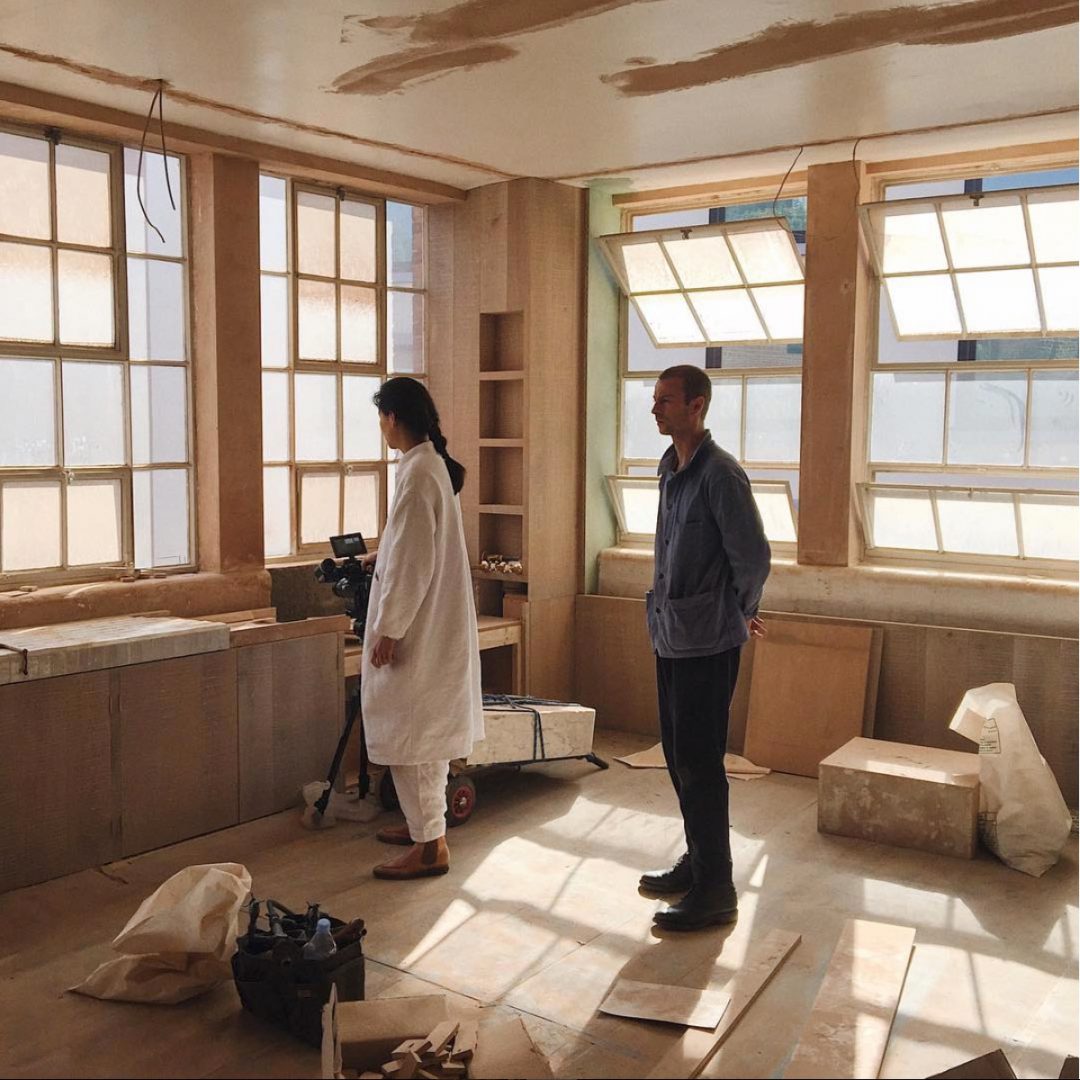
Our homes gain character and depth through our intimate involvement and our slow, organic, making process. Ideas have the time they need to grow fully and percolate every aspect of the home, each corner is lovingly considered and attended to, and every object is collected and curated with intent. We believe this creates different spaces to those created remotely (either digitally or by someone removed from the process of making), our spaces are intimate and relatable: more human.
